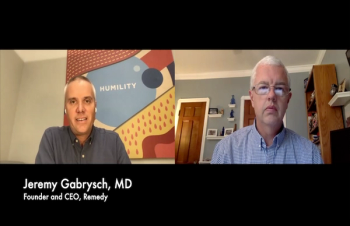
Value-based contracts may play an integral role in telehealth’s future.

Value-based contracts may play an integral role in telehealth’s future.

Will telehealth’s proven success through the pandemic be enough to engrain it into the system?

Patient demand will play a huge role in determining how common the technology becomes.

Continuity of health is a major benefit that helps maintain the doctor-patient relationship.
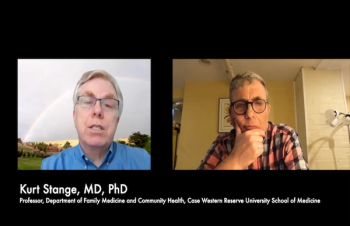
Kurt Stange, MD, says that establishing even brief relationships with patients has a “pay it forward” effect that will benefit patients, and health care generally, in the future.

Here are four critical communications strategies to help deal more effectively with the next crisis.

You're not the only one who's feeling a bit stressed.

Kurt Stange, MD, says patients changing health insurance when they change jobs, along with physician mobility and changes in technology have combined to make long-term relationships less frequent.

The coronavirus pandemic has also revealed valuable lessons to help us navigate these turbulent times.
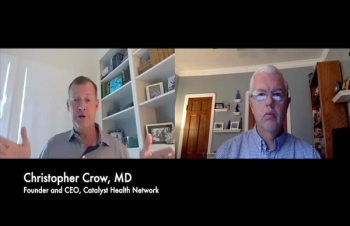
Being adaptable to technology and planning is key.

The ultimate effects won’t be known for some time, but a team-based environment will help everyone in the end.

Why telemedicine will largely dictate the future of healthcare.
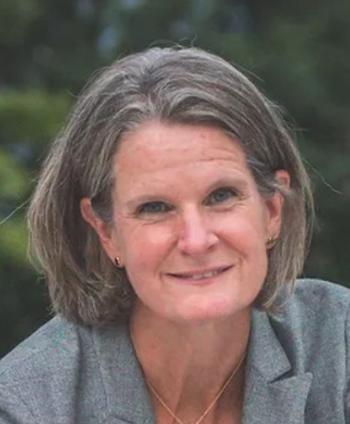
COVID-19 hit a healthcare system — and physicians — already in crisis
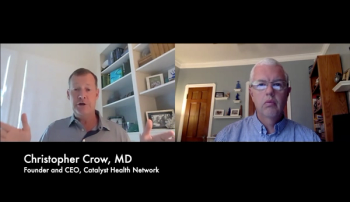
Misaligned incentives are leading to high costs and poor outcomes.

We need to re-examine the role of physical activity in obesity management. Here’s why.

After speaking with multiple physician experts, I now have the tools to begin to identify and overcome my own implicit biases—and so can you.

Many health care workers have seen their practice disrupted and their patients suffer fallout during the pandemic. These heroes need protection.
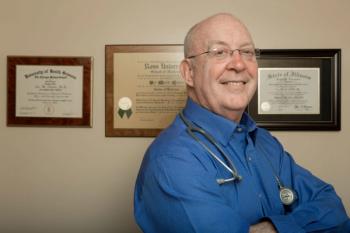
Far from being risky or ill-timed, my transition to concierge medicine has benefited both me and my patients in ways that continue to beautifully unfold.

Health plans may limit patients’ in-network options

AHA vs Azar lawsuit and next stimulus bill offer Americans 2 shots at winning transparency war

And who should?

Telehealth is here to stay. To make it sustainable and scalable, we must utilize remote technologies that enable a “one-to-many” model of care.

The COVID-19 crisis has laid bare these cracks in the U.S. health care system.

Physicians and other health care workers have lost their jobs simply for trying to protect themselves.

Primary care providers will soon return to their post as the essential frontline team to test and treat patients, and to help ensure the safety of our communities.